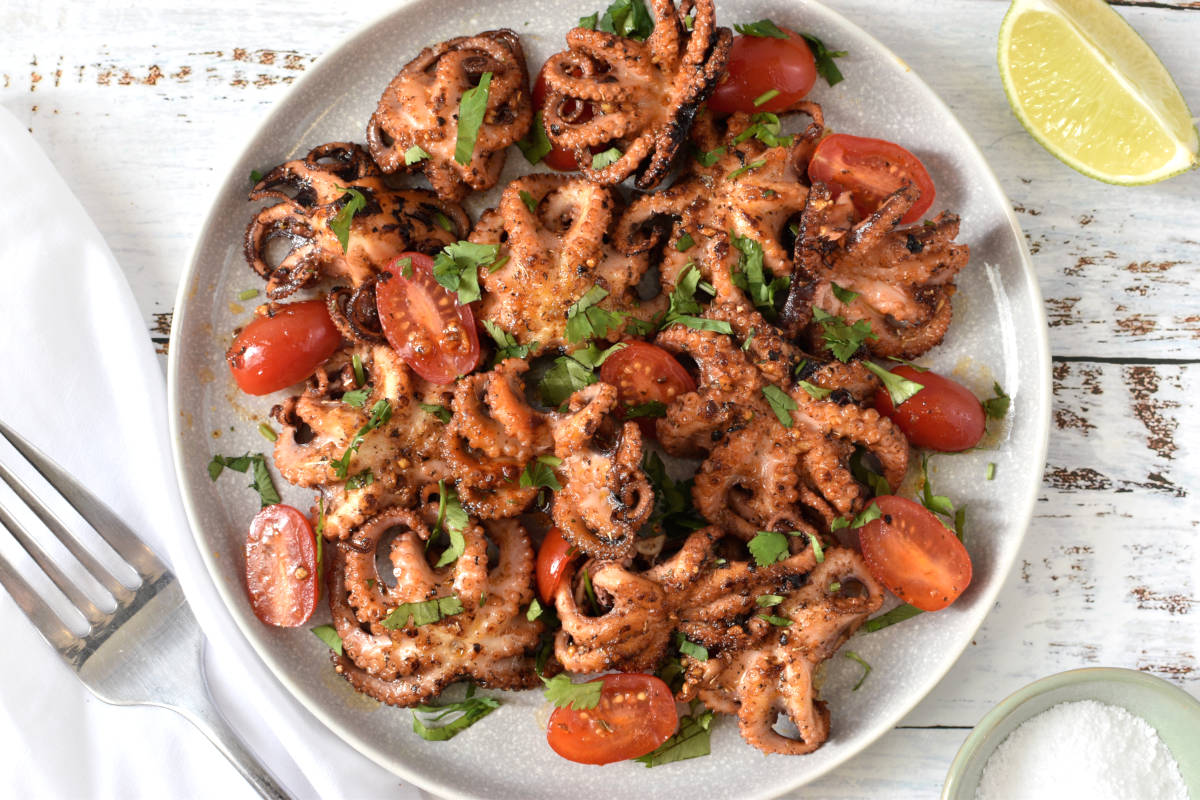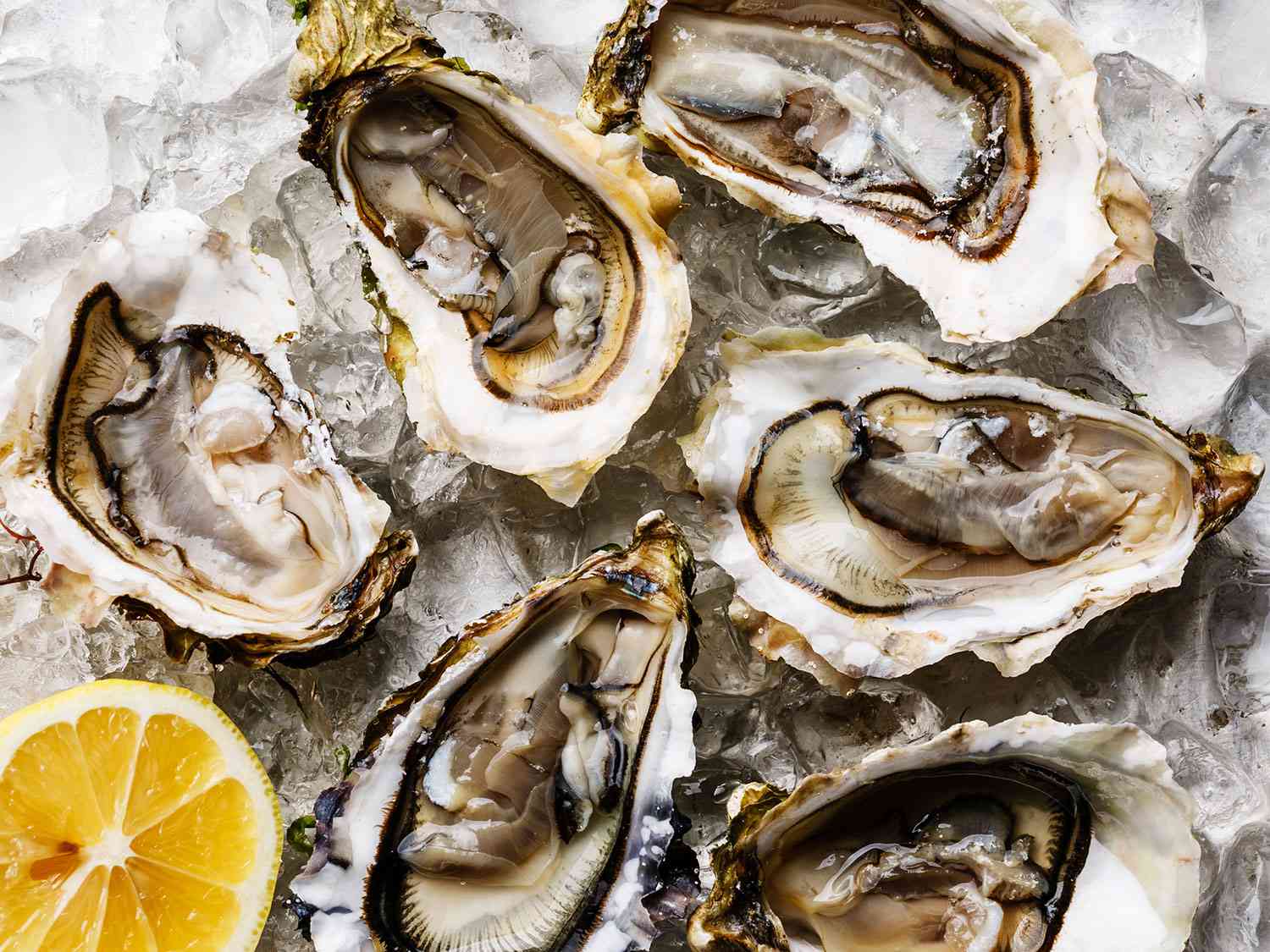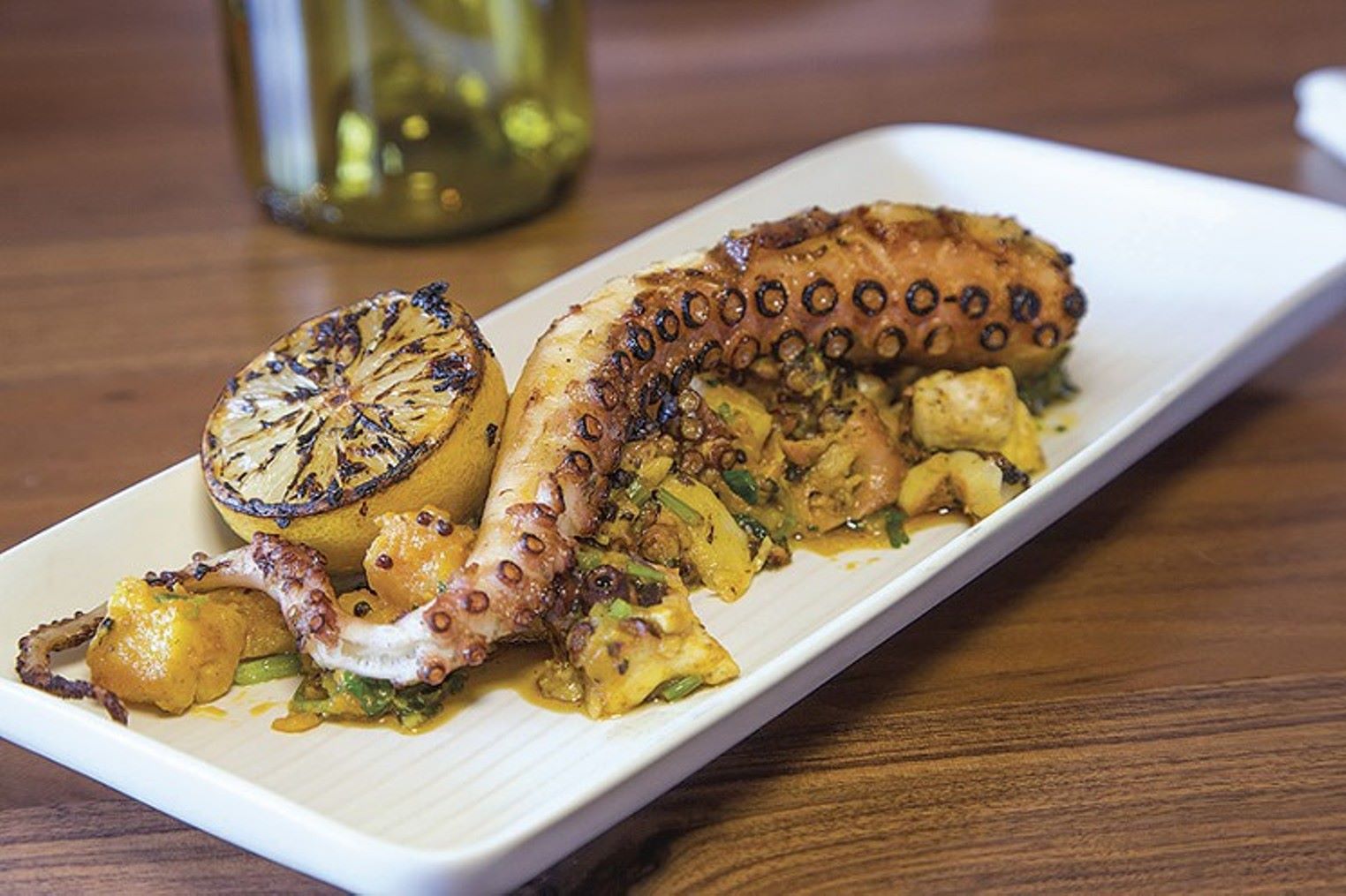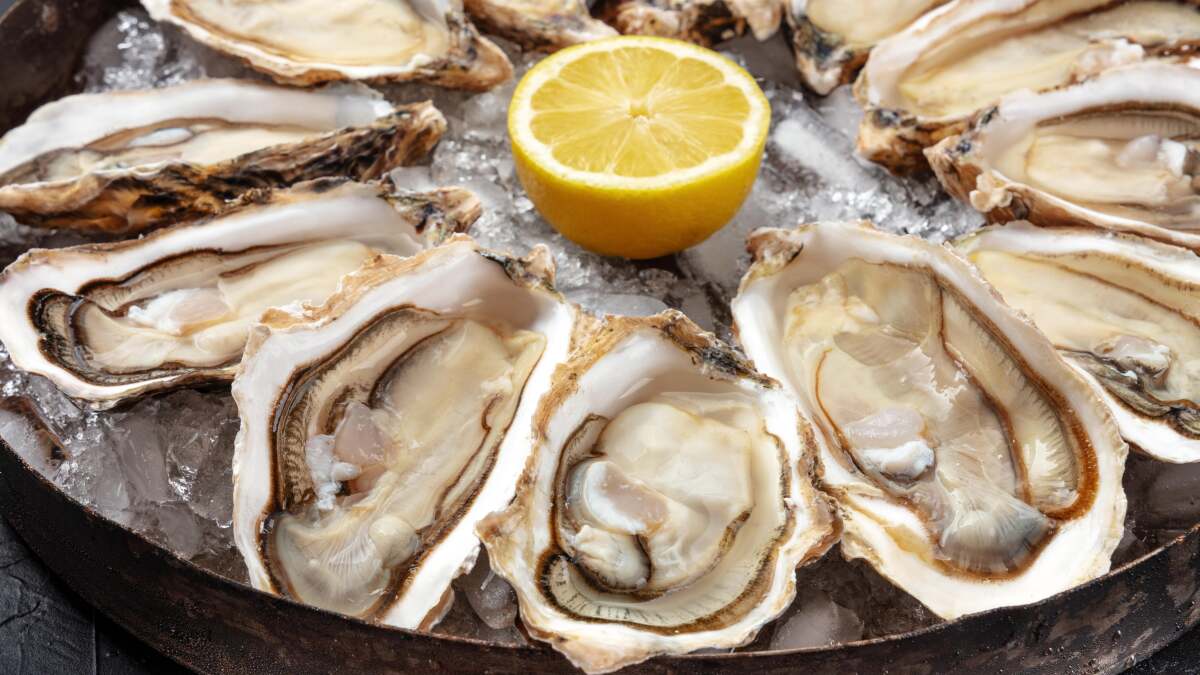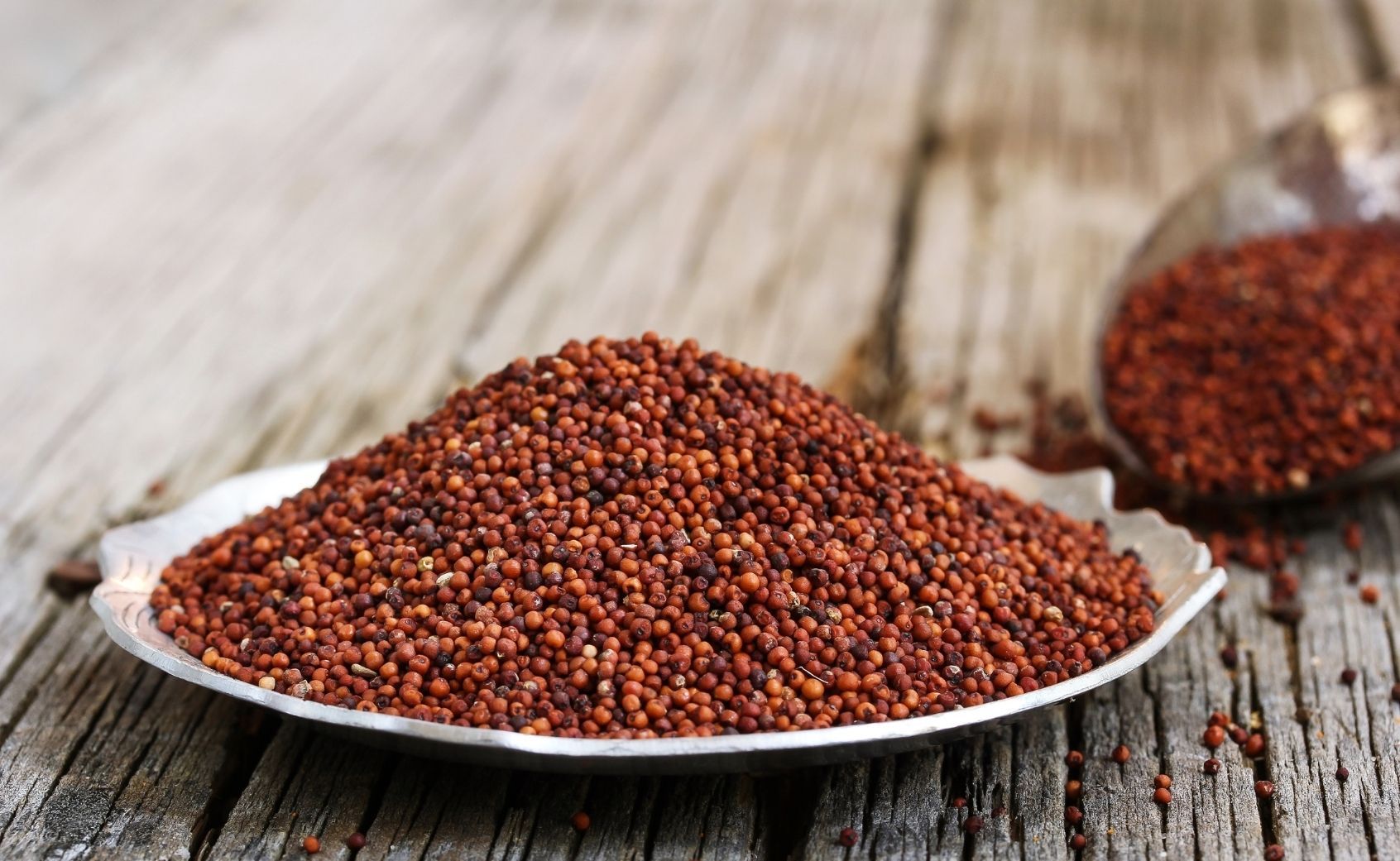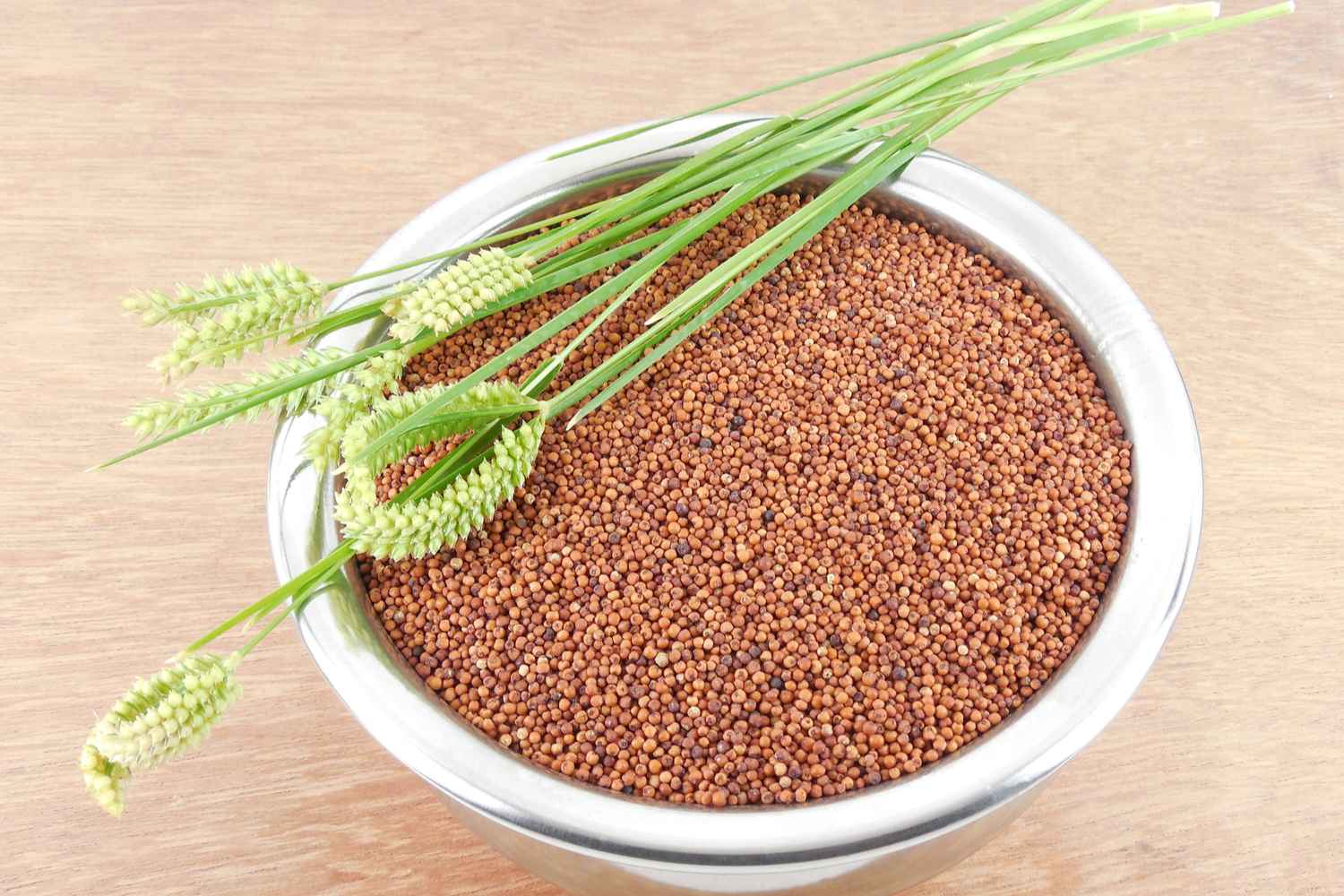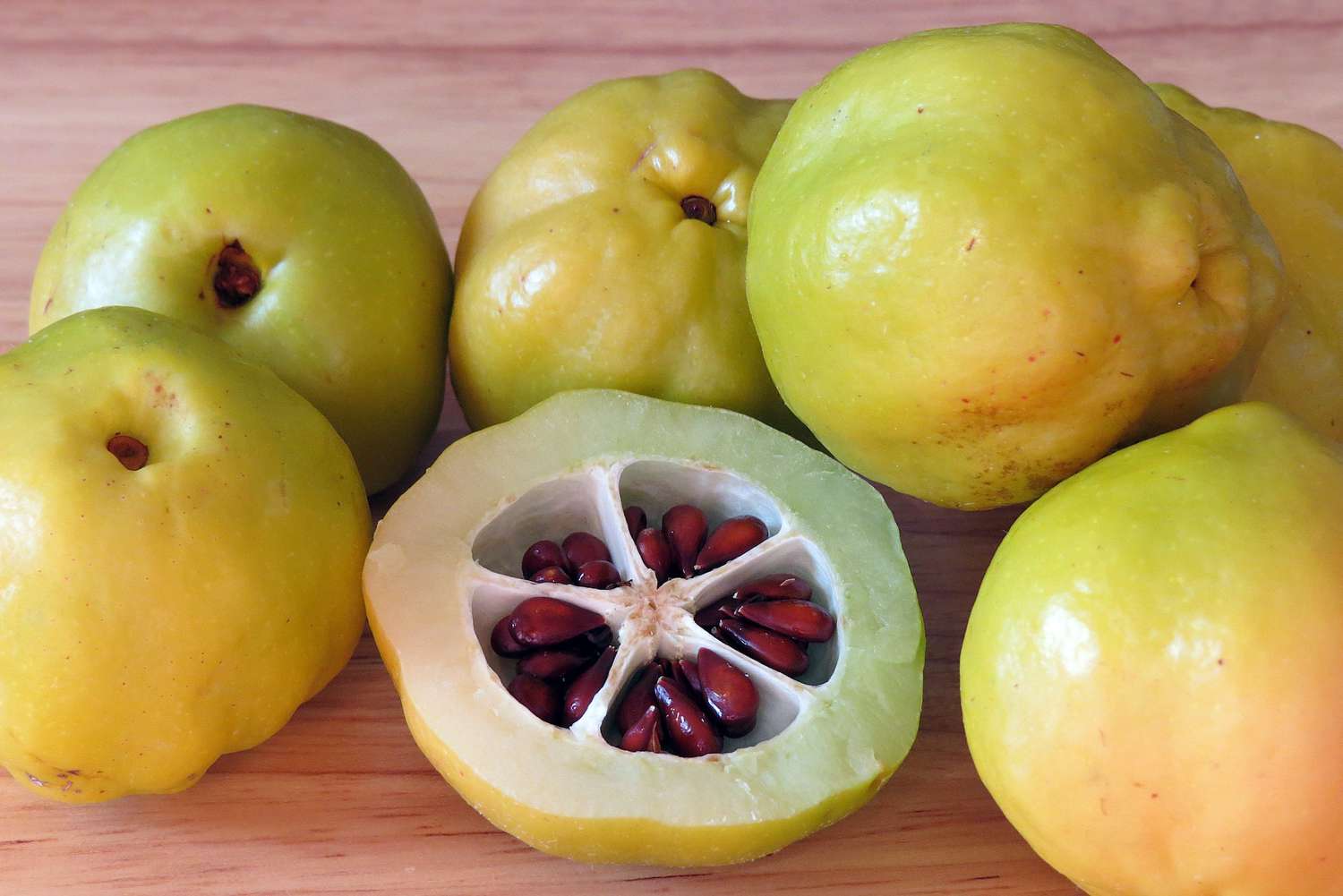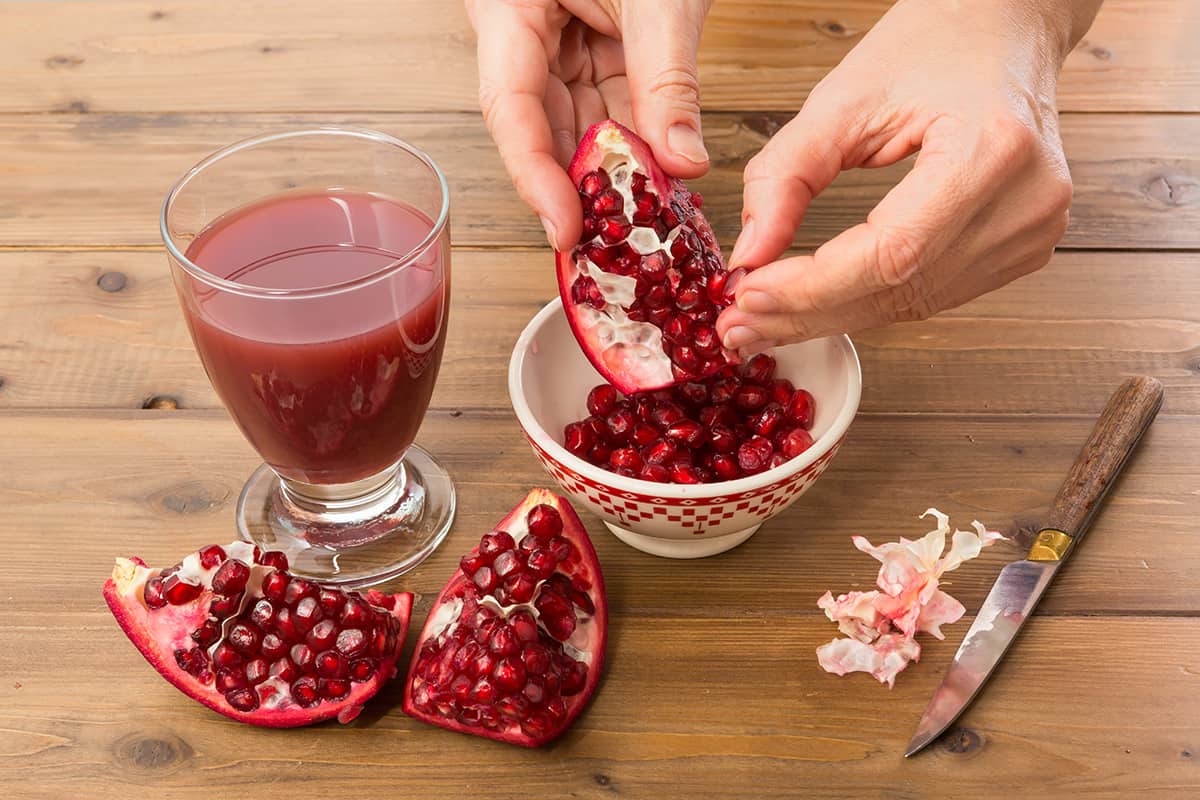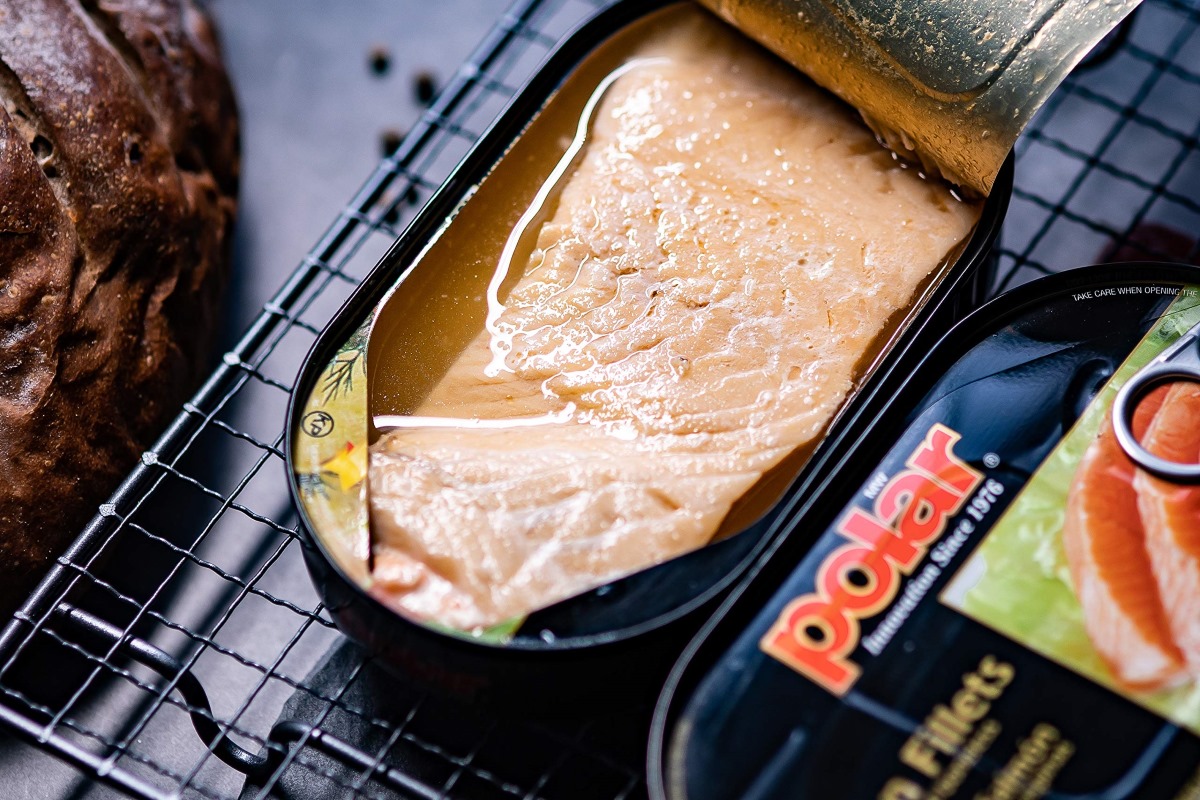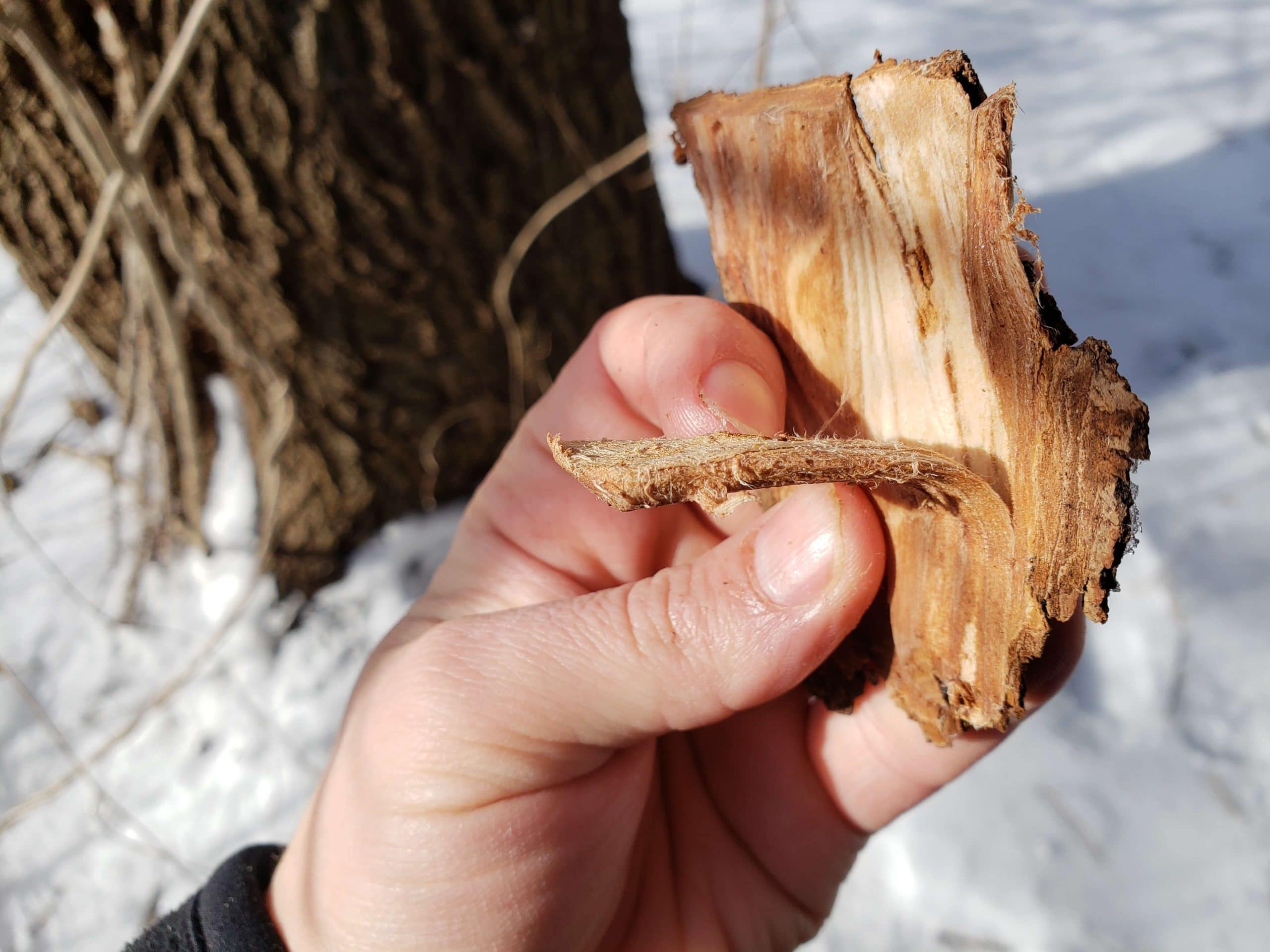How to Safely Enjoy Raw Live Octopus
Raw live octopus, also known as sannakji, is a delicacy enjoyed by many people around the world. While it may seem intimidating to eat a live animal, with the right knowledge and precautions, you can safely enjoy this unique culinary experience. Here are some tips on how to eat raw live octopus:
Choose a Reputable Restaurant
When it comes to eating raw live octopus, it’s crucial to choose a reputable and trustworthy restaurant. Look for establishments that are known for serving fresh seafood and have a good reputation for handling live octopus. This will ensure that the octopus is handled and prepared safely, reducing the risk of foodborne illness.
Know the Risks
Before diving into this culinary adventure, it’s important to be aware of the potential risks associated with eating raw live octopus. The suction cups on the octopus’s tentacles can stick to the inside of your mouth and throat, posing a choking hazard. Additionally, the tentacles may continue to move even after being severed from the body, so caution is essential.
Chew Thoroughly
When consuming raw live octopus, it’s crucial to chew thoroughly to prevent any suction cups from sticking to the inside of your mouth or throat. By thoroughly chewing the octopus, you can ensure that it is safe to swallow and reduce the risk of choking.
Use Condiments
Many people enjoy eating raw live octopus with condiments such as sesame oil or soy sauce. These condiments not only enhance the flavor of the octopus but can also help to neutralize any residual suction from the tentacles, making it safer to consume.
Enjoy the Experience
Eating raw live octopus is not just about the taste – it’s also about the experience. Embrace the unique texture and flavors of the octopus, and savor the opportunity to try something out of the ordinary. Approach the meal with an open mind and a sense of adventure.
Conclusion
While eating raw live octopus may not be for everyone, for those who are willing to try it, following these tips can help ensure a safe and enjoyable experience. By choosing a reputable restaurant, being aware of the risks, chewing thoroughly, using condiments, and embracing the experience, you can savor the unique delicacy of raw live octopus.
Remember, it’s important to approach this culinary adventure with caution and respect for the octopus. With the right precautions in place, you can safely enjoy this one-of-a-kind dining experience.
More Delicious Raw Octopus Recipes to Try
Having learned how to eat raw live octopus, you're well-equipped to explore a variety of tantalizing recipes that utilize this unique ingredient. For those looking to dive right into the culinary deep end, the Explore Spicy Sannakji with Gochujang Sauce offers a fiery twist that perfectly complements the octopus's texture. If you're in the mood for something refreshing, the Discover Citrusy Sannakji Carpaccio is highly recommended for its zesty flavors that enhance the seafood's natural sweetness. Want a fusion of flavors? Try the Try the Sannakji Poke Bowl, which combines traditional Hawaiian and Korean tastes in one dish. Each recipe provides a unique way to savor the delicate taste of sannakji while honing your skills in preparing live seafood.
